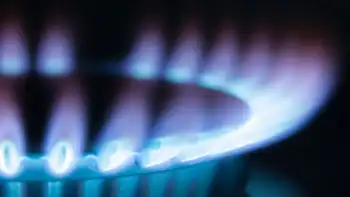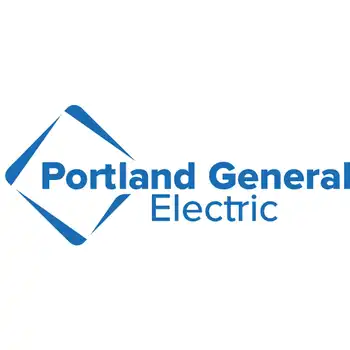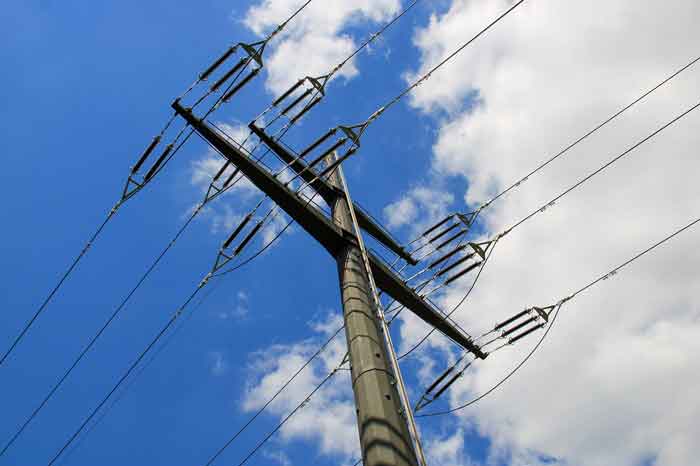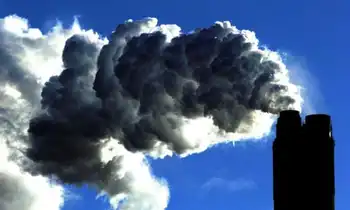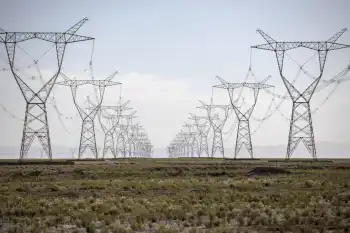REAs fight subsidized power
By Rocky Mountain News
NFPA 70b Training - Electrical Maintenance
Our customized live online or in‑person group training can be delivered to your staff at your location.

- Live Online
- 12 hours Instructor-led
- Group Training Available
That's a system that allows customers to generate their own electricity - using windmills or solar panels - and sell what they don't use back to their REA.
Under House Bill 1169, to the extent their meter spins backward, they would in most cases be paid the retail price of electricity. That's what drives the REAs crazy.
The REAs argue that if they have to pay retail for this electricity, while paying wholesale to Tri-State G&T (which generates power for 18 of Colorado's 22 REAs) and Xcel Energy (which supplies the other four), it would force the rest of their customers to pay more for their power.
"This bill allows huge subsidies for large agricultural producers and big box stores, and the subsidies have to be picked up by the remaining customers," argues Ray Clifton, executive director of the Colorado Rural Electric Association.
Net metering isn't new to the REAs. Legislation authorizing it was passed in 2002. But they had to offer only up to 25 kilowatts to a customer and the law didn't specify the price that the REAs must pay for the electricity. They were free to work out all sorts of different contracts with their net-metering customers.
But 1169 requires the smallest REAs to accommodate up to 500 kw (20 times the current law) of net metering per customer. REAs with 10,000 to 40,000 retail meters would have to offer up to 1 megawatt per customer and the five REAs with 40,000 or more meters would have to offer 2 MW.
Clifton was last seen standing behind Gov. Bill Ritter when he signed House Bill 1281 last month. That measure requires investor-owned utilities such as Xcel to generate 20 percent of their electricity from renewable sources by 2020 - twice what the voters demanded in 2004's Amendment 37. More to the point, HB 1281 requires the REAs to generate 10 percent of their power by renewables.
The REAs had managed to exempt themselves from Amendment 37's mandates. But when the Democrats took over the governorship as well as the legislature, most of the REAs saw what was coming and climbed, albeit reluctantly, on board the renewable energy train.
But they're fighting HB 1169, which has passed the House and is now before a Senate committee. It's being pushed by the wind and solar energy promoters and environmental groups who don't want Tri- State or Xcel building more coal plants. They figure if subsidizing net-metering forces some customers to pay more for power, too bad. You can't turn the planet into a better omelet without breaking eggs.
Still, there's a touch of irony in the fact that 1169 puts the enviros on the same side as Wal-Mart and the other large stores who want to appear "green" by generating their own power.
The REAs aren't controlled by the Public Utilities Commission. They are owned by their members and their net earnings are returned to them. What's more, the customers can run for election to their co-op's board and change policies they don't like.
Indeed Intermountain REA, the largest and most recalcitrant of the state's REAs, is being targeted by enviros who want to serve on the board.
Nothing wrong with that. With such democratic management REAs don't need legislative mandates. The new net-metering bill violates the ancient rule of "If it ain't broke don't fix it." The REAs, if left to themselves, would figure out their own ways to handle net metering.
Meanwhile, passions are running high. Clifton was hauled in and lectured by House leadership because sponsoring Rep. Judy Solano, D-Brighton, complained his fact sheet understated the amount of negotiating she was willing to do with the REAs.





